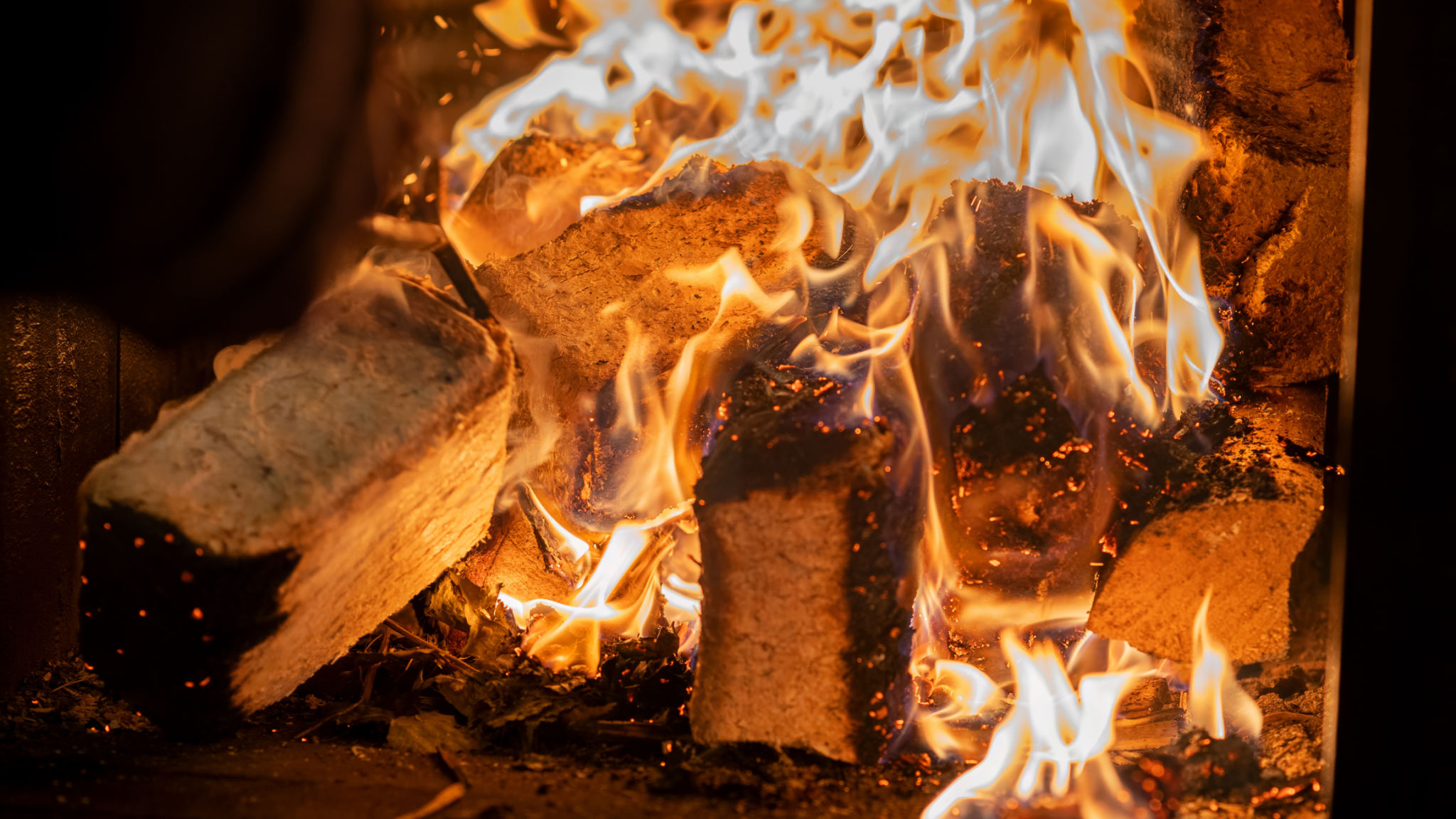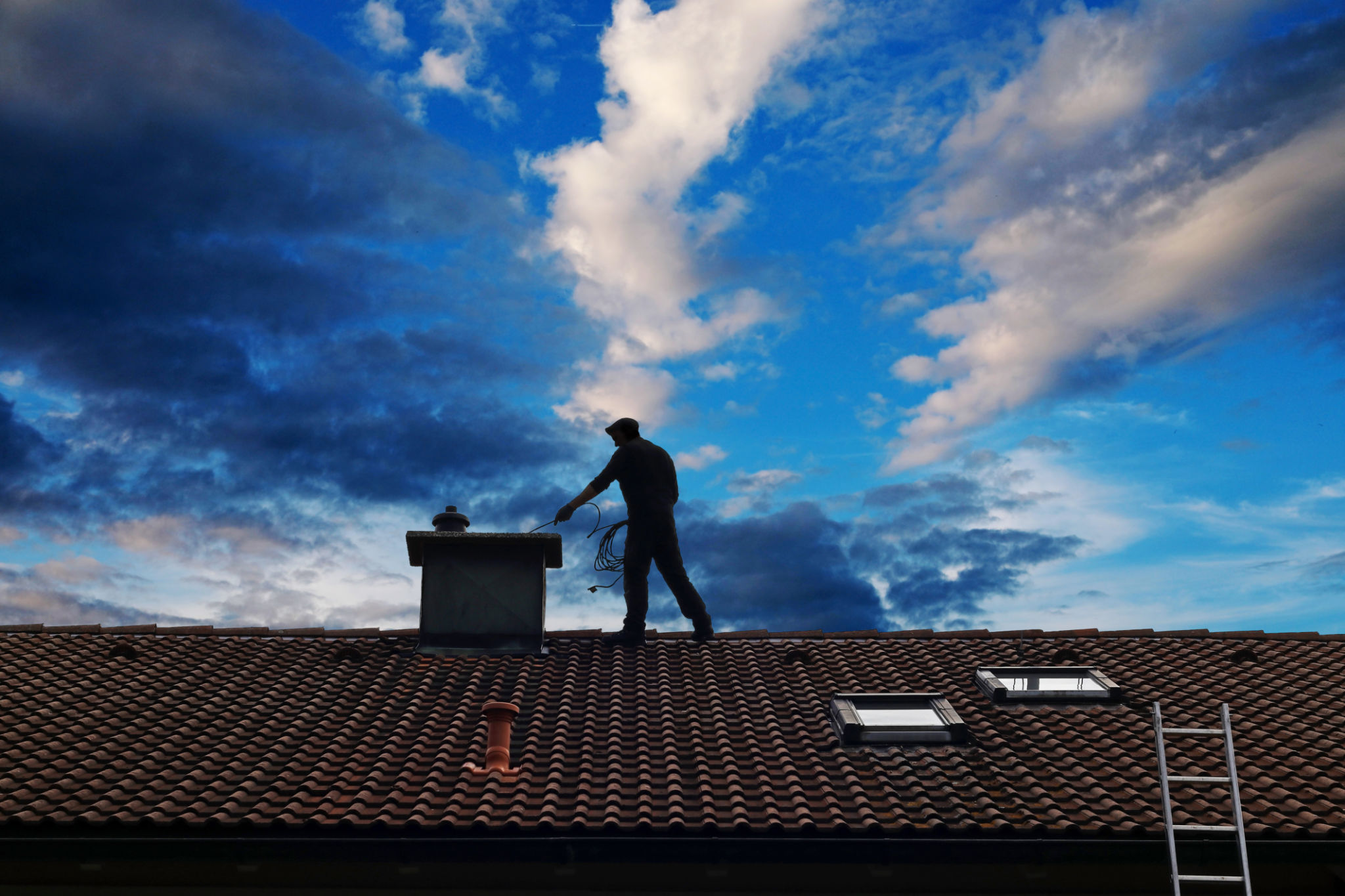Top Fire Safety Tips to Keep Your Home Safe During the Winter Months
Understanding Fire Risks in Winter
As the temperature drops, we often turn to various heating methods to keep our homes warm and cozy. However, with these heating solutions come increased fire risks. It's crucial to understand these risks to effectively prevent any potential hazards. Whether it's space heaters, fireplaces, or holiday lights, each has its own set of safety considerations.

Safe Use of Space Heaters
Space heaters are a popular choice for supplemental heating, but they can pose a fire risk if not used correctly. To ensure safety:
- Keep the heater at least three feet away from anything flammable.
- Always plug space heaters directly into a wall outlet, not an extension cord.
- Turn off the heater when leaving the room or going to bed.
Fireplace Safety Measures
A roaring fire in the fireplace is a quintessential winter scene, but it needs regular maintenance to remain safe. Ensure your chimney is cleaned annually to prevent creosote buildup, which can ignite a chimney fire.
When using the fireplace:
- Use a sturdy screen to prevent sparks from flying into the room.
- Dispose of ashes in a metal container and store them away from the house.
- Never leave a fire unattended and always ensure it's completely out before going to bed.

Holiday Decoration Precautions
During the winter months, many people decorate their homes for the holidays. While festive, these decorations can be hazardous if not used carefully. Here are some tips:
- Use lights that are certified by a recognized testing laboratory.
- Avoid overloading electrical outlets with too many plugs.
- Keep decorations away from heat sources and ensure lights are turned off before bedtime or when leaving the house.
Smoke Detectors and Fire Extinguishers
Having functional smoke detectors and accessible fire extinguishers is crucial for home safety. Test smoke alarms monthly and replace batteries twice a year. Consider installing smoke detectors in every bedroom and on every level of your home.
Fire extinguishers should be easily accessible and everyone in the household should know how to use them. Ensure extinguishers are appropriate for the types of fires most likely to occur in your home.

Emergency Exit Plans
No matter how many precautions you take, fire emergencies can still occur. Having a well-thought-out escape plan can save lives. Conduct regular fire drills with your family and ensure everyone knows two ways to exit every room in your home. Designate a meeting spot outside where everyone can gather safely after evacuating.
Conclusion
By implementing these fire safety tips, you can significantly reduce the risk of a fire during the winter months. Remember, being proactive with safety measures not only protects your home but also ensures the well-being of your loved ones. Stay warm and safe this winter!
